Deputy Prime Minister Nguyen Hoa Binh signed and issued Decree No. 171/2025 of the Government regulating the training and fostering of civil servants.

The Government stipulates that civil servants sent for postgraduate training for the first time must not be older than 45 years old from the time of sending, instead of 40 years old as before.
In addition, civil servants must have at least 3 years of work experience; at least 2 consecutive years with good performance before being sent for training; and a major appropriate to the job position.
After completing the training program, civil servants must commit to performing their duties and public services at the agency or unit that sent them, for at least 3 times the training time instead of 2 times as before.
Civil servants sent for postgraduate training using the State budget or funding from agencies and units must compensate for training costs when they fall into one of the following cases: voluntarily dropping out of school or leaving work during the training period; being disciplined and forced to quit; not being granted a graduation certificate by the training institution; having completed the training course and been granted a graduation certificate but quitting the job, being disciplined and forced to quit before serving the committed time.
The Decree clearly states that compensation costs include tuition and other expenses for the training course, excluding salary and allowances (if any).
Those who voluntarily drop out of school or leave their job during the training period; are disciplined and forced to quit their job; or are not granted a degree will have to compensate 100% of the costs.
Compensation fee for civil servants who are disciplined and terminated before serving the required time is calculated according to the formula: S = F/T1 x (T1 - T2)
In which: S is the compensation cost; F is the total cost paid by the agency or unit sending civil servants for training according to the actual cost for 1 person participating in the training course; T1 is the required time to perform tasks and public duties after completing the training course (or training courses) calculated in rounded months; T2 is the time to perform tasks and public duties after training calculated in rounded months.
The government gave an example: Civil servant A was sent by his agency to study for a master's degree for 2 years (24 months), costing 60 million VND. According to the commitment, Mr. A had to serve for at least 72 months after graduation. After graduating, Mr. A served the agency for 24 months. After that, Mr. A voluntarily quit his job.
The training cost that Mr. A must compensate is: S = 60 million VND/72 months x (72 months - 24 months) = 40 million VND.
Cases of exemption or reduction of compensation costs
The Government also stipulates two cases where compensation for training costs is not required.
One is a civil servant who is sent for postgraduate training but is not granted a degree due to serious illness, natural disasters and epidemics confirmed by competent authorities.
Second, they are sent for postgraduate training but then the competent authority decides to mobilize, rotate, second, or transfer work to another agency (but still belongs to the system of agencies of the Communist Party of Vietnam, the State, the Vietnam Fatherland Front, and socio-political organizations at the central, provincial, and communal levels).
In case the civil servant is female or an ethnic minority, each year of service (excluding the time of service after training) is calculated to reduce 1.5% of the compensation cost. In case the civil servant is not female or an ethnic minority, each year of service (excluding the time of service after training) is calculated to reduce 1% of the compensation cost.
According to regulations, within 120 days from the date of receiving the decision on compensation for training costs from the competent authority, civil servants must be responsible for full payment.
Compensation costs are paid to the agency or unit that paid for the training course as prescribed.
In case a civil servant fails to fulfill his/her obligations as prescribed or the management agency and the civil servant cannot agree on compensation for training costs, the relevant parties have the right to complain or file a lawsuit in accordance with the provisions of law.
The compensation review council will play an advisory role, assisting the head of the civil servant management agency or the agency or unit assigned to manage civil servants, to review cases requiring compensation and recommend the level of compensation.
Source: https://baolangson.vn/cong-chuc-duoc-cu-di-hoc-phai-den-bu-100-chi-phi-neu-bi-ky-luat-buoc-thoi-viec-5052153.html







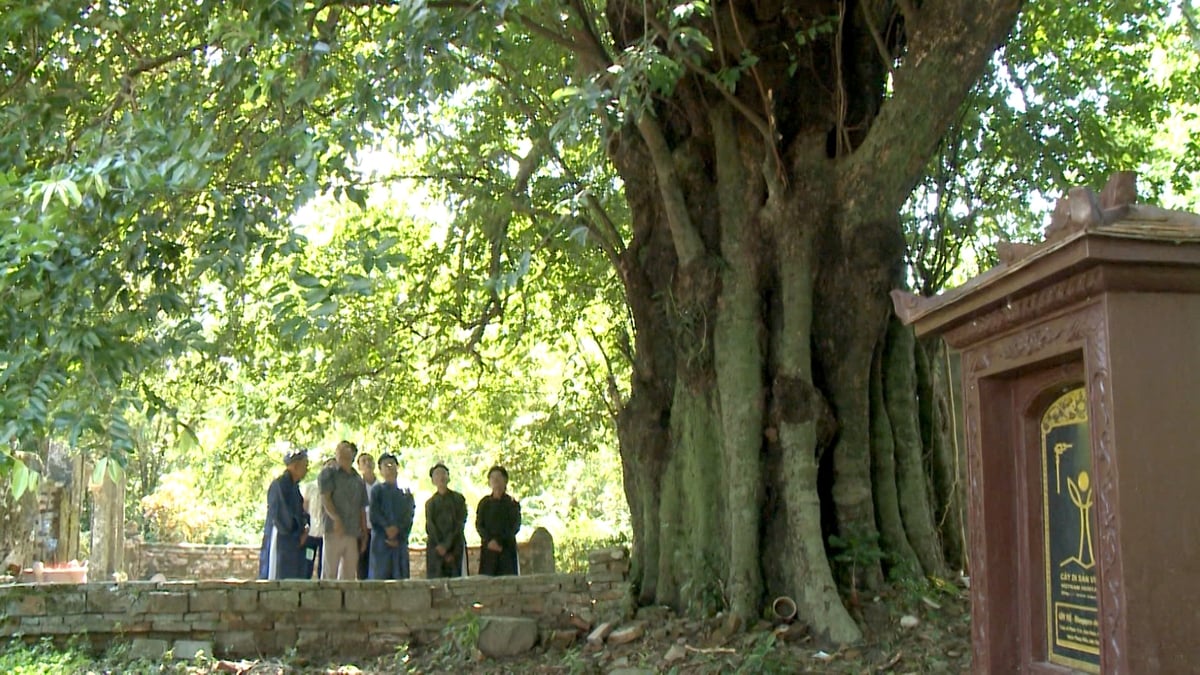










































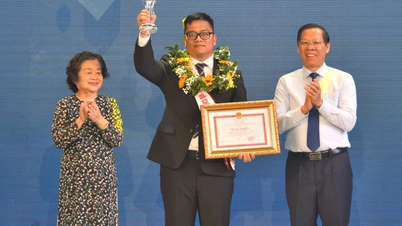









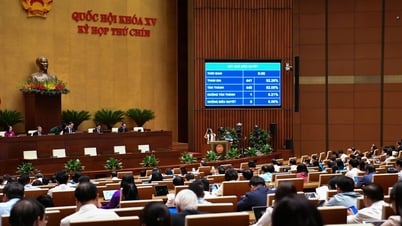



















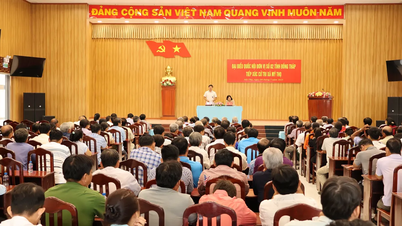





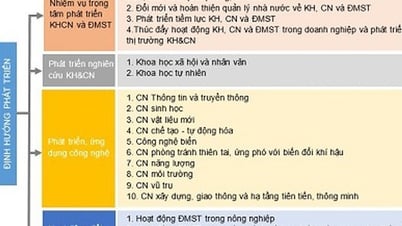








Comment (0)